In today’s world, it has become more critical than ever to teach our kids about environmental responsibility and help them develop sustainable habits. When we introduce these important values to them while they are still young, we are giving them the tools to care for the planet and pass those values on to future generations.
Environmental Science focuses on the natural, human, social and cultural dimensions of local and global environments. Activities in environmental science motivate kids to investigate, learn, and grasp the concepts of their surroundings, both natural and man-made environment. The children are exposed to essential topics in geography, botany, and zoology. They participate in basic science experiments to comprehend natural occurrences like floating and sinking, as well as germination.
The Importance of Environmental Science
Environmental education helps children understand their roles and responsibilities towards the planet. With climate change becoming increasingly prevalent in our lives, it is crucial to start educating children about how their actions affect the planet from an early age. By informing them about environmental challenges, we can help create a generation that is more conscious of their choices. This will help them understand the impact their choices have on the world around them.
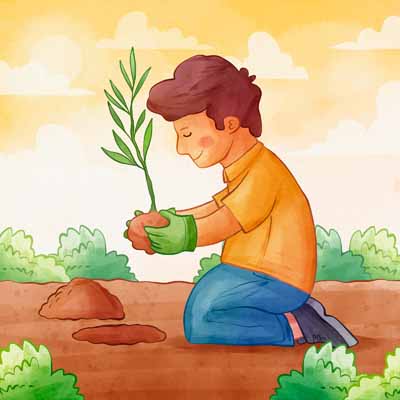
Through environmental education, kids discover why it is essential to save natural resources and cut down on waste. They learn to embrace sustainable habits like recycling, using renewable energy, and minimising their carbon footprint. By leading a sustainable life, they can contribute to a healthier planet and enhance their own lives. Another benefit of sustainable living is that it teaches kids discipline and empathy. These qualities can help them immensely in future.
Effective strategies for environmental education in kids
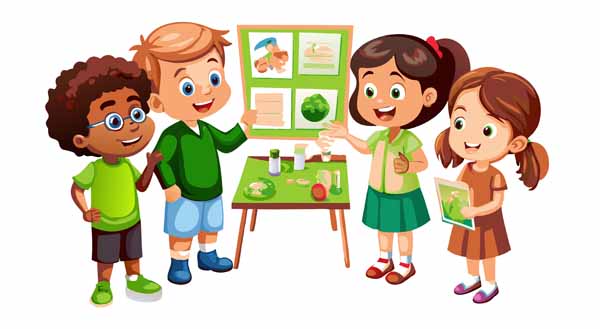
- Developing environmental awareness in students
- Encouraging critical thinking and problem-solving in environmental education
- Adopting experiential learning methods
- Explore the outdoors
- Make gardening an enjoyable hobby
- Get involved in community initiatives
By encouraging a bond with nature and raising awareness about the implications of human actions on the planet, we can inspire students to protect the Earth. We can teach environmental responsibility by incorporating sustainable habits into everyday life and supporting recycling and waste reduction efforts.
Teachers can provide environmental awareness through lively discussions, fun activities, and challenging projects. By sharing stories of people who have made a real difference in the environment, students will feel motivated to make a change themselves.
Teachers can help students develop their critical thinking skills by guiding them in collecting information, analysing data, and coming up with solutions. This method not only helps students understand environmental issues better but also equips them with important problem-solving skills that they can use outside of school.
Incorporating project-based learning into environmental education can help students work together to tackle real-world problems. This practical approach fosters a sense of responsibility and excitement among students as they see the tangible effects of their efforts on the environment.
Experiential learning allows students to participate in practical activities such as planting trees, checking water quality, and performing biodiversity assessments. These activities enhance their grasp of the importance of environmental education and inspire them to contribute to its conservation.
When students are motivated to examine actual environmental problems and come up with innovative solutions, they gain a clearer insight into what environmental education truly means. Through hands-on problem-solving tasks, students gain a richer understanding of the environmental issues we face.
We all know that children’s first teacher is their parents so you can also start their environment education from home with this activity.
Plan a day for some outdoor fun, like a picnic in the park. Take your kids on walks or hikes to discover lakes and rivers. Let them observe birds, climb trees, and explore the wonders of nature. These experiences will help them connect with the environment and learn about important ecological issues.
Gardening not only enhances their learning but also raises their awareness about the environment. Help them plant a tree in your backyard and enjoy watching it grow together.
Organise a family go-green project at home and get everyone involved. This activity will help instil the idea of living in an eco-friendly community.
In today’s rapidly evolving world, where environmental issues are increasing, teaching environmental science to young children is an essential investment in both their future and the well-being of our planet. By highlighting the importance of environmental science and exploring the scope of environmental studies, education can instil a profound understanding of ecological principles and the critical need for sustainable practices.

At Mother’s Pet Kindergarten, we are committed to teaching environmental science through engaging and interactive learning experiences. We empower children to become proactive problem solvers and future environmental leaders by fostering awareness, sensitivity, and critical thinking from a young age, s. Through these efforts, they learn to appreciate the beauty and intricacy of ecosystems, recognise the impact of human activities on the environment.

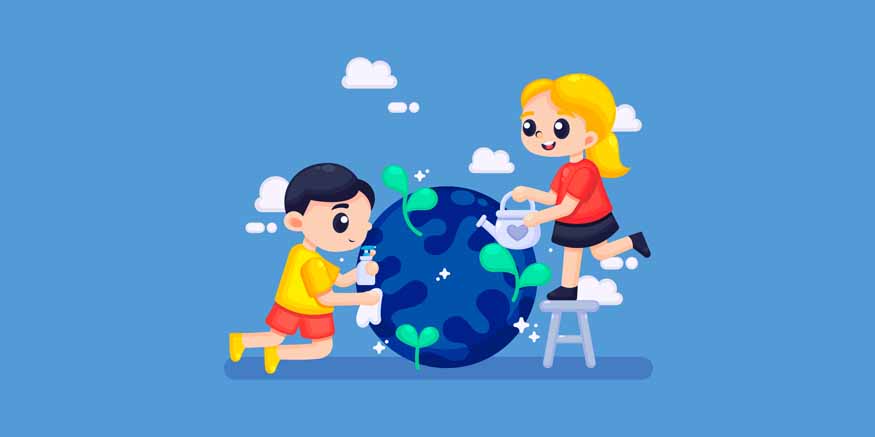

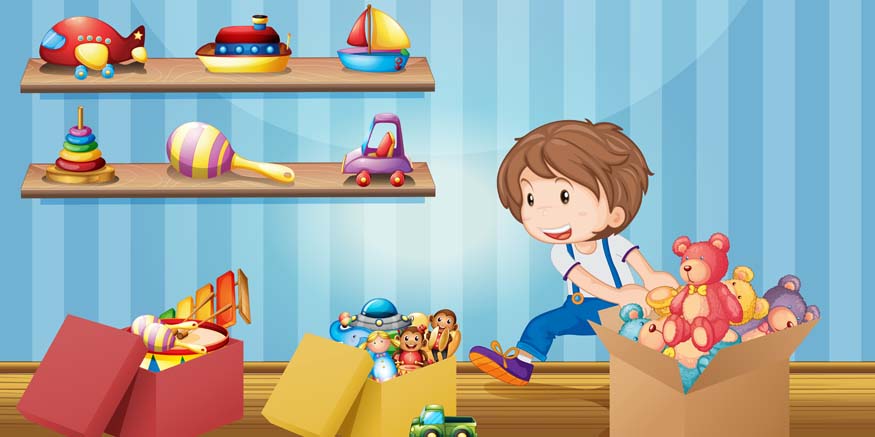



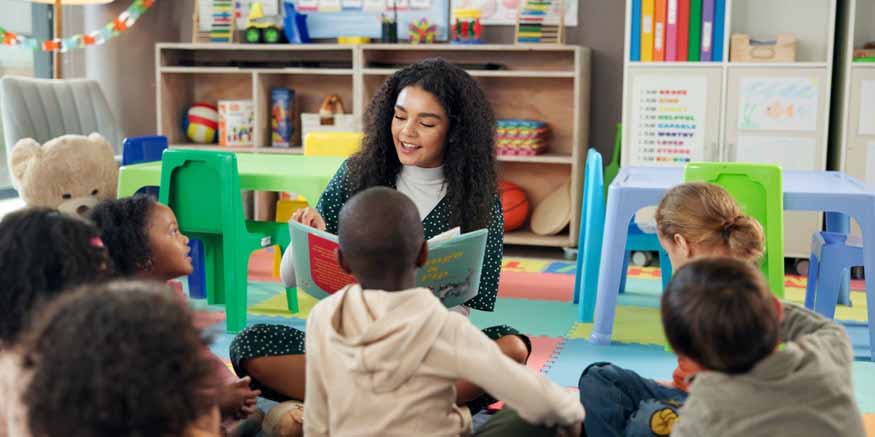
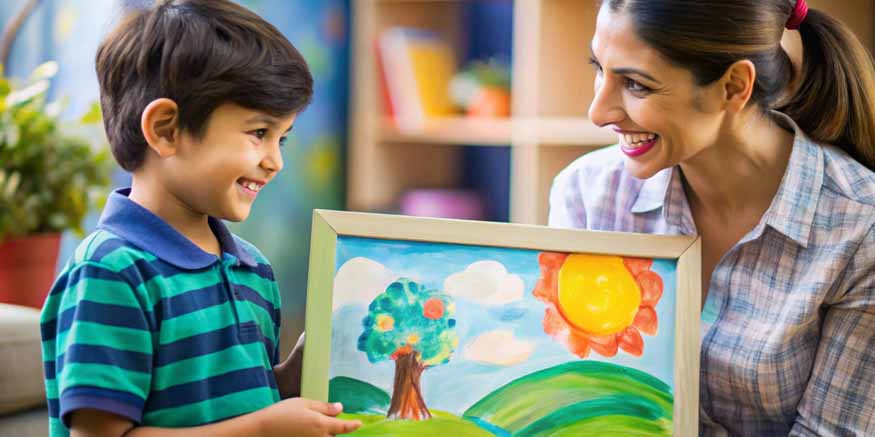
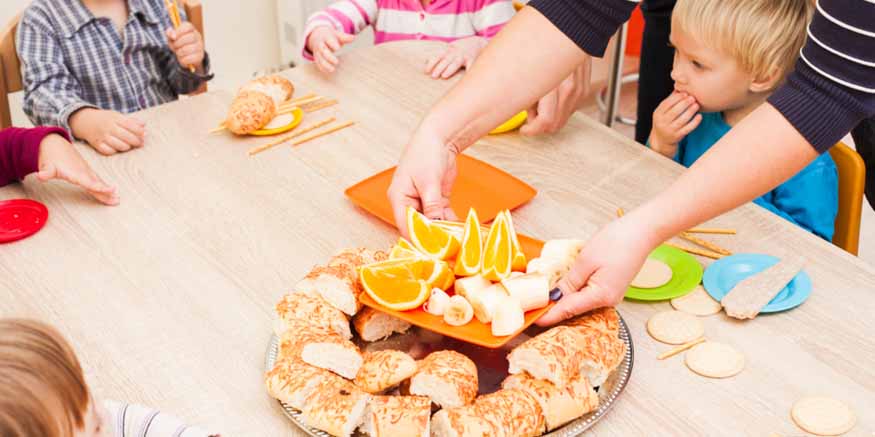

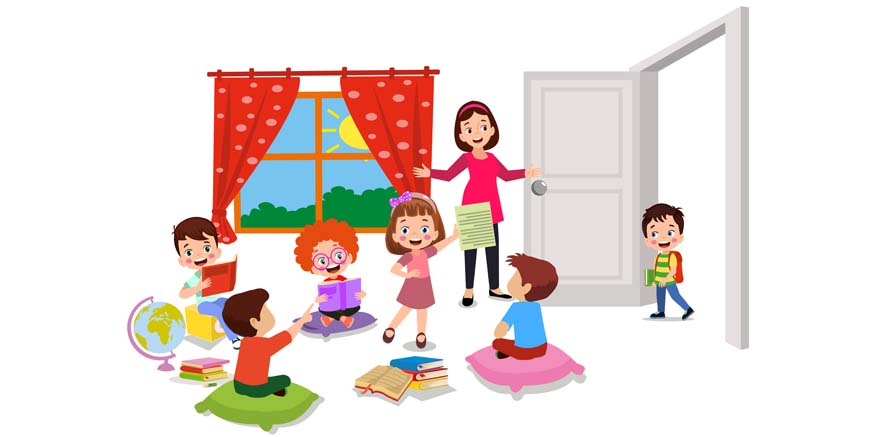

Recent Comments